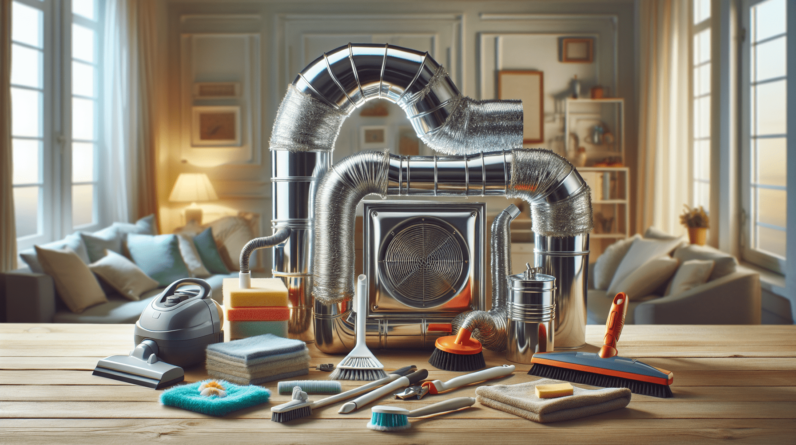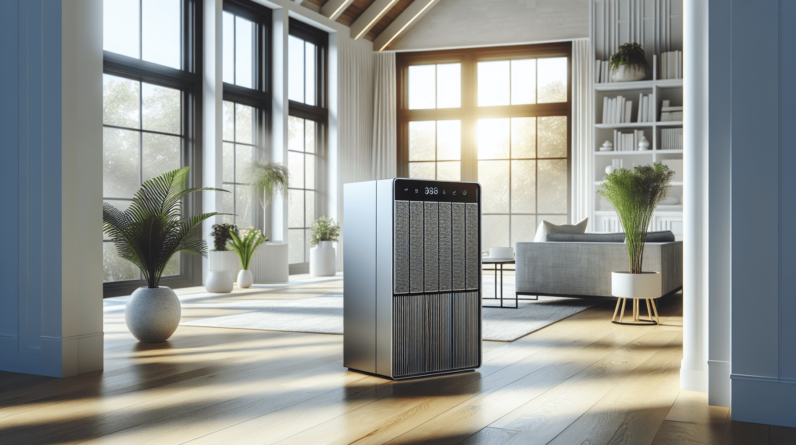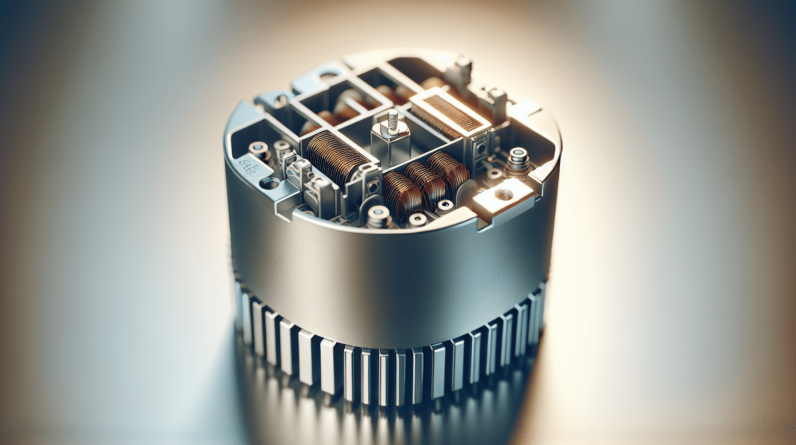
Have you ever wondered how a capacitor contributes to the functioning of your air conditioner?
Understanding the Basics of Air Conditioners
Air conditioners are remarkable appliances that maintain indoor comfort by regulating temperature and humidity levels. They work through a process of cooling and dehumidifying the air in your home. While many people may think about the compressor, the refrigerant, and airflow, few consider the role of electrical components—especially capacitors—which are essential for their efficient operation.
What is a Capacitor?
A capacitor is an electrical component that stores and releases energy. In simple terms, it acts like a battery by holding a charge for a short period, enabling electrical systems to function correctly. Capacitors are vital in many appliances, especially in starting and running motors.
The Role of Capacitors in Air Conditioners
Capacitors in air conditioning units are primarily found in the compressor and the fan motor. They ensure that these components start and operate effectively. By storing electrical energy and releasing it as needed, capacitors facilitate the smooth operation of the entire air conditioning system.
Types of Capacitors in Air Conditioners
There are several types of capacitors used in air conditioners, each serving specific functions. The most common types include:
Start Capacitors
Start capacitors provide a boost of energy to help start the air conditioner’s compressor or fan motor. They are designed to deliver a high amount of current for a short period during the startup phase.
Run Capacitors
Run capacitors are used while the air conditioner is operating. They provide a continuous supply of energy to keep the compressor or fan running smoothly. Without a functioning run capacitor, the system might struggle, leading to inefficiencies and potential overheating.
Dual Capacitors
Dual capacitors combine the functions of both start and run capacitors into one unit. They are often found in air conditioners with both compressor and fan motors. This type is efficient and space-saving, making installation simpler.
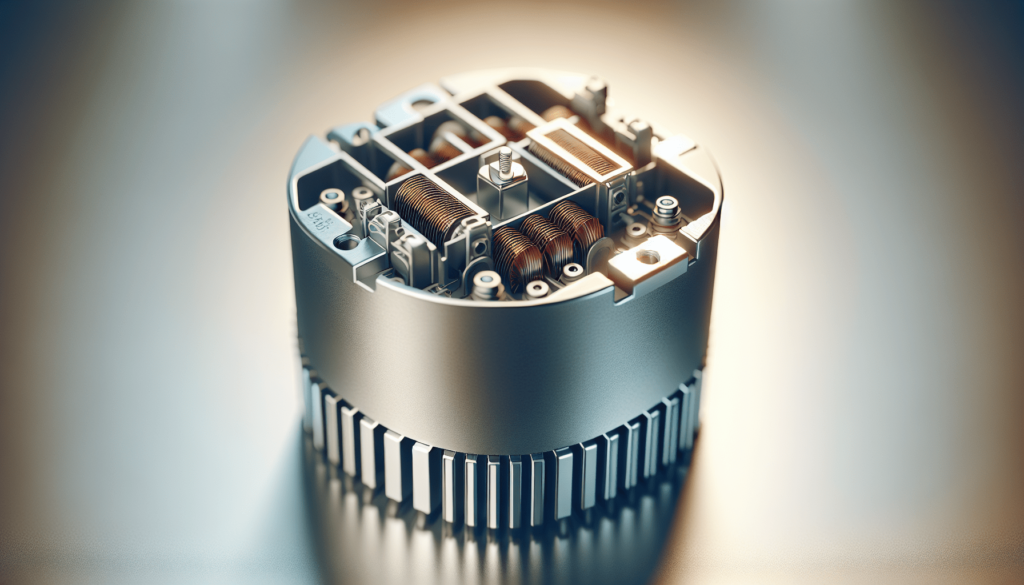
How Do Capacitors Work in Air Conditioners?
To understand how capacitors work in air conditioners, consider the following steps:
- Storing Energy: The capacitor charges up and stores electrical energy when the air conditioner is turned on.
- Releasing Energy: When the compressor or fan motor requires energy to start, the capacitor discharges its stored energy.
- Continuous Operation: In the case of run capacitors, they keep supplying energy as needed to maintain regular operation throughout the cooling cycle.
Importance of Capacitors for Air Conditioner Performance
Capacitors affect not only the startup and operational efficiency but also the overall durability of your air conditioning system. A malfunctioning capacitor can lead to various issues, including:
- Difficulty starting the compressor or fan motor
- Reduced cooling efficiency
- Increased energy consumption
- Motor burnout due to overworking
Symptoms of a Failing Capacitor
Recognizing the signs of a failing capacitor can save you from further damage to your air conditioning system. Here are some symptoms to look out for:
1. Hard Starting
If your air conditioner struggles to start or takes longer than usual to begin operation, it could be a sign of a faulty capacitor. A healthy capacitor provides the necessary boost for a smooth startup.
2. Humming Noise
A humming noise coming from the unit, especially when it tries to start, may indicate that the capacitor is not releasing enough energy to engage the motor fully.
3. Air Conditioner Shuts Off Unexplained
Should your air conditioning unit shut off randomly or during operation, there may be an issue with the capacitor failing. This behavior can lead to further damage if not addressed.
4. Burning Smell
If you start to notice a burning smell while operating the air conditioner, it’s vital to turn it off immediately. This smell could indicate overheating, which is often caused by a failing capacitor.
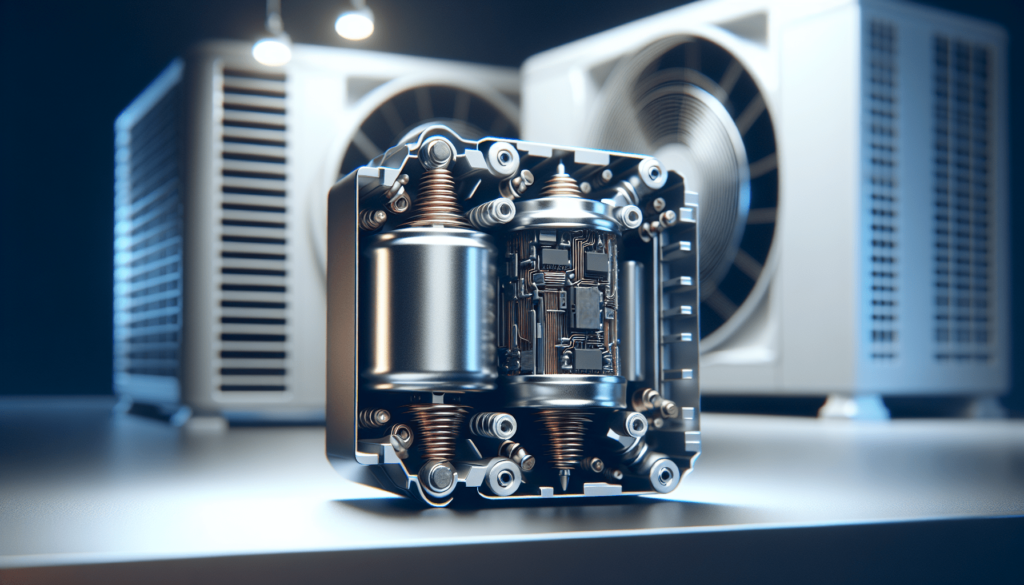
Troubleshooting a Capacitor Issue
If you suspect that you have a capacitor problem, it’s essential to approach the situation carefully. Here’s a basic rundown of how you can troubleshoot it:
Step 1: Safety First
Always turn off the power to your air conditioning unit before attempting any inspection or repairs. Safety should be your top priority.
Step 2: Inspect the Capacitor
Once the power is off, carefully open the access panel to your air conditioning unit. Inspect the capacitor for signs of damage, such as bulging, leaking, or corrosion.
Step 3: Test the Capacitor
You can use a multimeter to test the capacitor. Set the meter to the “capacitance” function and connect your leads to the terminals of the capacitor. A significantly lower readings than the rated value suggests a faulty capacitor.
Step 4: Replace if Necessary
If testing confirms a failing capacitor, replacement is often the best option. It’s important to choose a capacitor with the same microfarad (uF) rating and voltage as the original.
Capacitor Replacement Process
Replacing a capacitor in your air conditioner is a straightforward task if you follow the proper steps. Here’s how to do it:
1. Disconnect Power
Ensure that the air conditioning unit is disconnected from its power source.
2. Remove the Old Capacitor
Take a picture or make a note of how the old capacitor is connected. This will provide a handy reference when installing the new one. Then, carefully disconnect the old capacitor from the terminals.
3. Install the New Capacitor
Connect the new capacitor to the terminals as noted previously. Make sure all connections are secure and follow any markings or colors as used in the original installation.
4. Test the System
Once everything is reassembled, restore power to the unit and test its functionality. Monitor for any unusual sounds or operation issues after installation.
The Lifespan of a Capacitor
Typically, the lifespan of a capacitor in an air conditioning system can range from 5 to 10 years. However, several factors can influence its longevity, including:
- Usage: Frequent use or overuse can lead to a shorter lifespan.
- Environment: High temperatures and humidity can impact the capacitor’s durability.
- Quality: Higher-quality capacitors are generally more durable and have longer lifespans.
How to Extend Capacitor Life
While you can’t eliminate the wear and tear on capacitors, there are steps you can take to extend their lifespan:
Regular Maintenance
Scheduling regular maintenance for your air conditioning system ensures that all components, including capacitors, are checked and serviced as necessary.
Monitor Operating Conditions
Keeping an eye on your unit’s operating conditions can help identify potential issues before they lead to capacitor failure.
Use Surge Protectors
Electrical surges can damage capacitors; using a surge protector can shield your air conditioning unit from sudden spikes in voltage.
The Cost of Capacitor Replacement
The cost to replace a capacitor in an air conditioning unit can vary based on factors such as:
- Type of Capacitor: Start, run, or dual capacitors will have different price points.
- Service Fees: Calling in a professional for installation will include service fees on top of the capacitor price.
- Location: Costs might vary based on regional labor rates.
Average Costs
| Type of Capacitor | Estimated Cost (Parts Only) | Estimated Labor Cost |
|---|---|---|
| Start Capacitor | $10 – $50 | $50 – $150 |
| Run Capacitor | $15 – $75 | $50 – $150 |
| Dual Capacitor | $30 – $100 | $50 – $150 |
Why You Should Seek Professional Help
While replacing a capacitor can be a DIY job for some, seeking the help of a professional HVAC technician is often the most efficient route. Professional assistance can provide you with several advantages:
- Expert Diagnosis: A technician can accurately diagnose whether the capacitor is the root cause of your air conditioner’s issues.
- Safety: Handling electrical components can be hazardous, and professionals have the training to do so safely.
- Warranty Protection: Many HVAC systems come with warranties that might be voided if DIY repairs are conducted.
Conclusion
Understanding the role of capacitors in your air conditioner can greatly enhance your ability to maintain and troubleshoot your unit. You now have insight into how capacitors operate, their types, signs of failure, troubleshooting steps, and the minimal investment required to replace them.
An efficient capacitor helps the air conditioner function smoothly, ensuring you’re comfortable in your living space. By being proactive about maintenance, you can significantly prolong the life of your air conditioning unit and enhance its overall performance. Always remember, when in doubt, professional guidance is just a call away!



